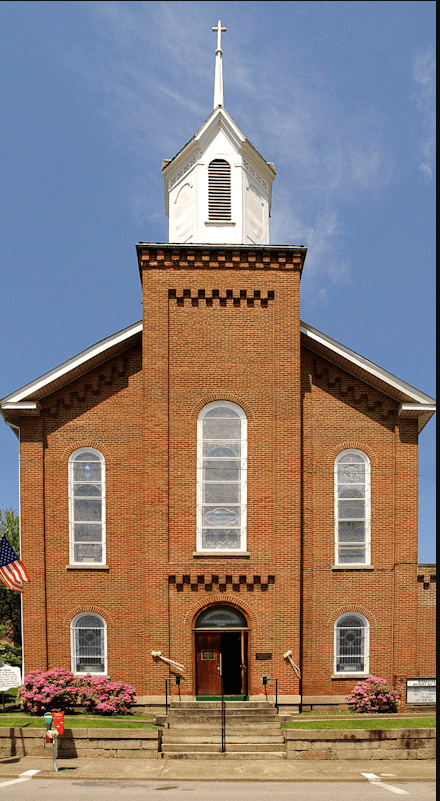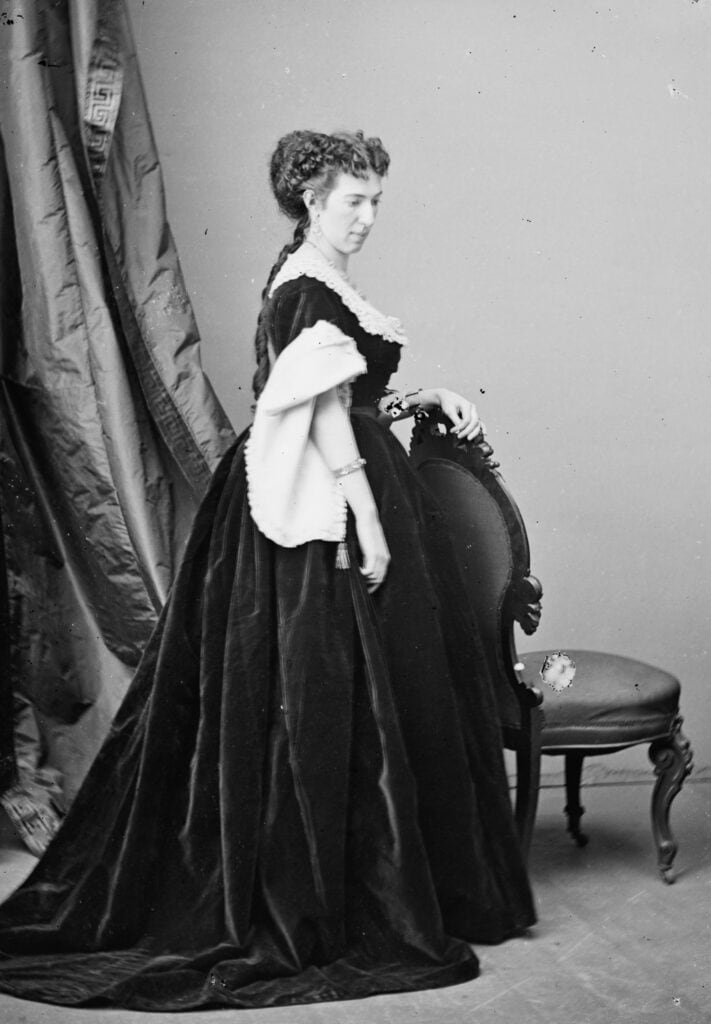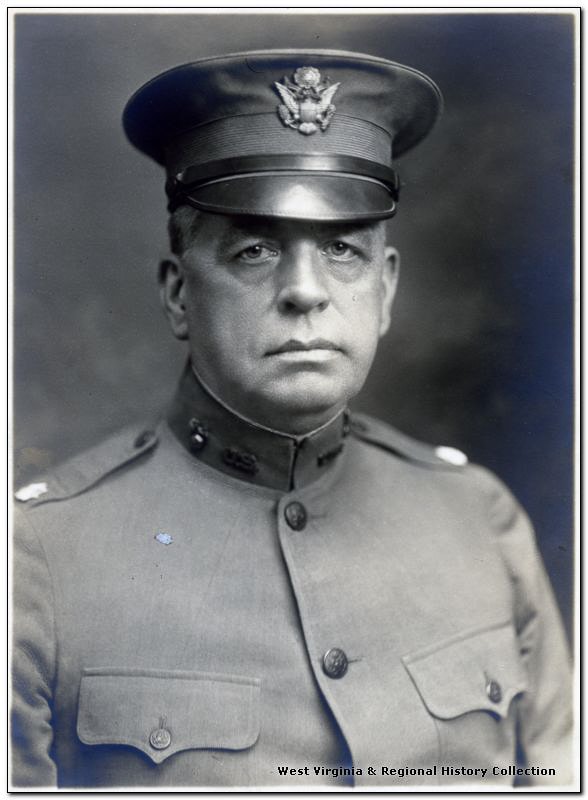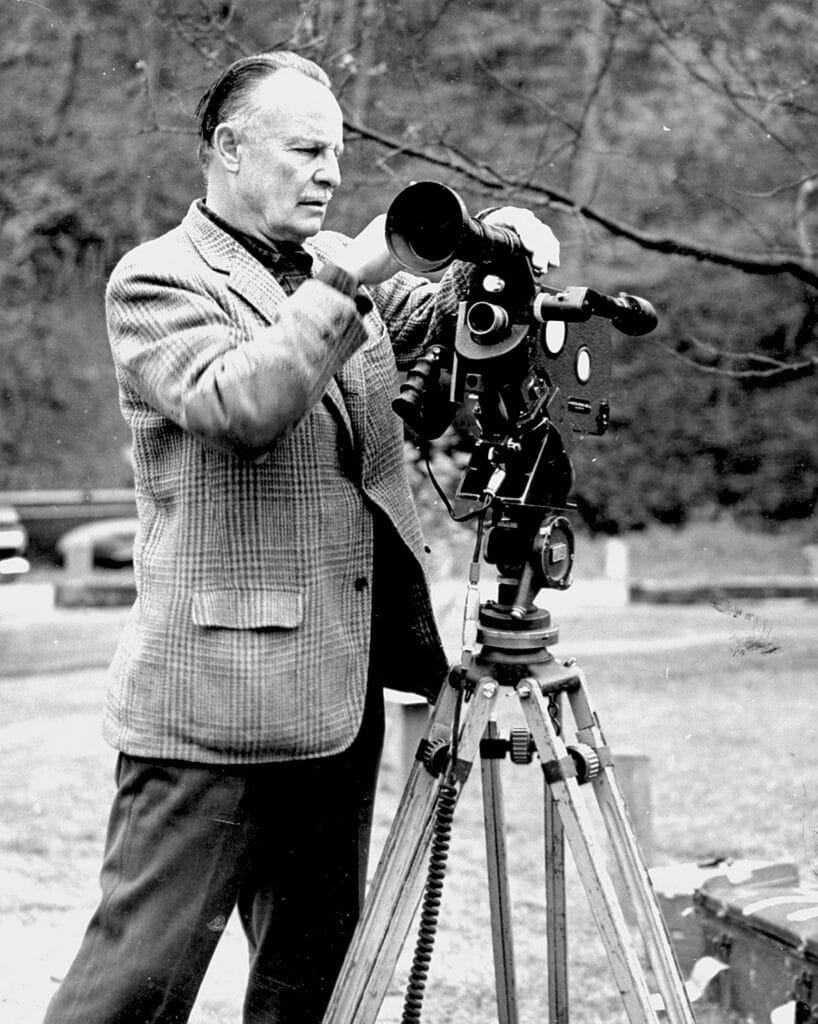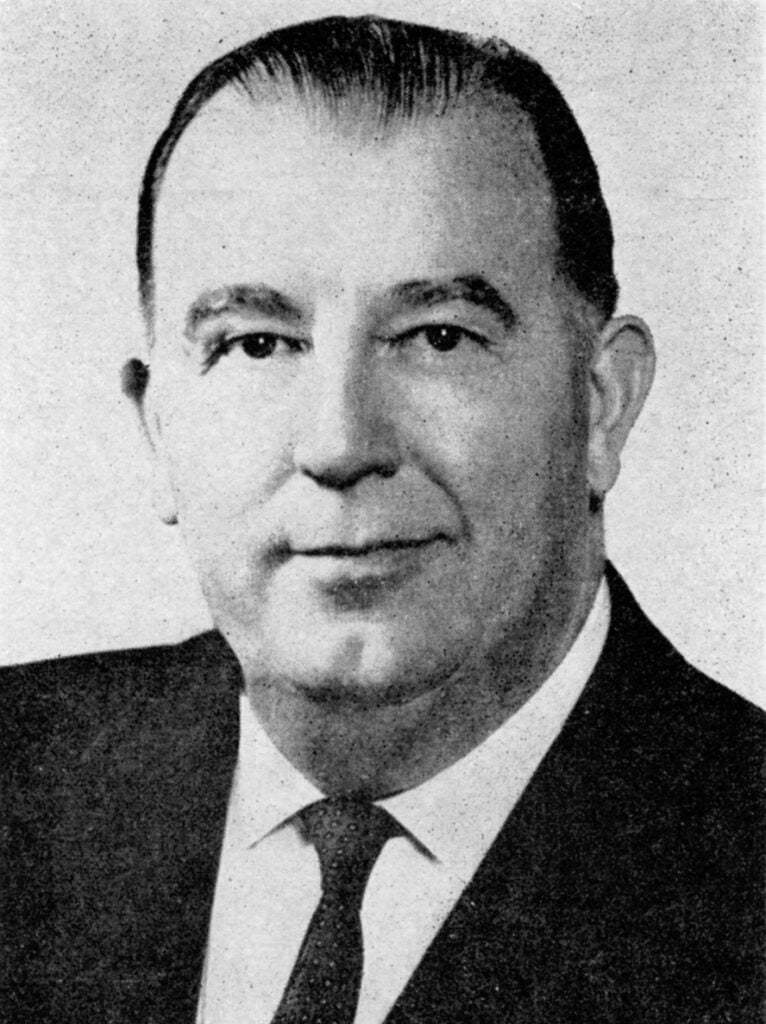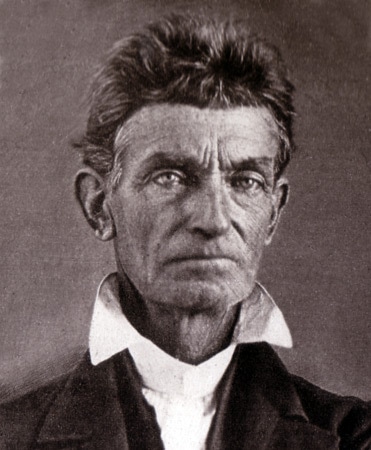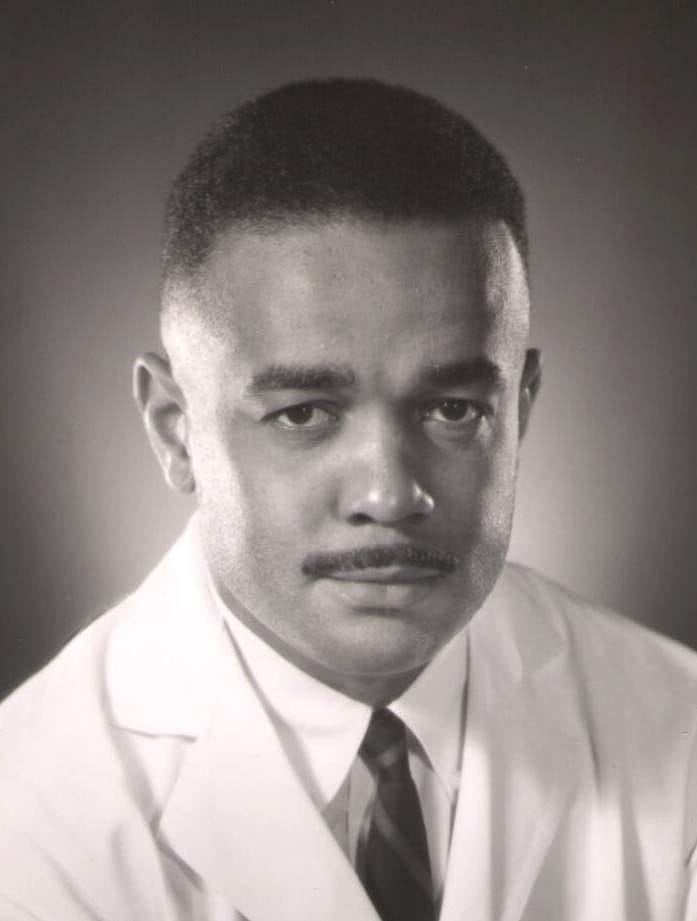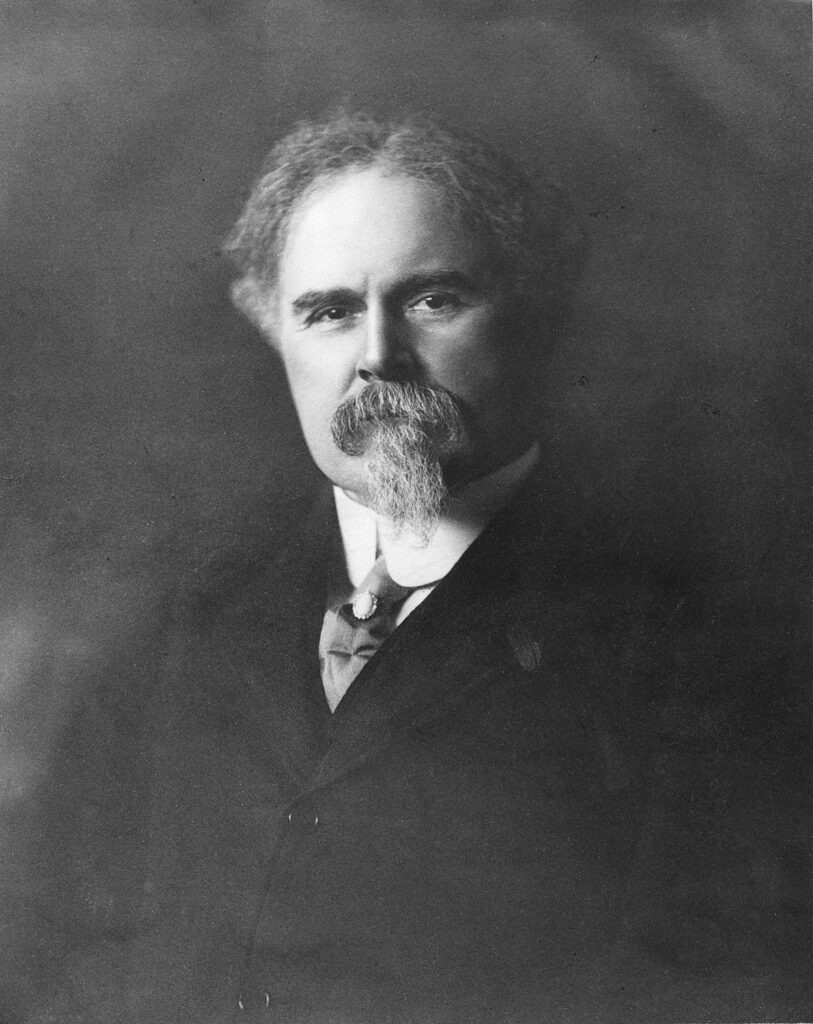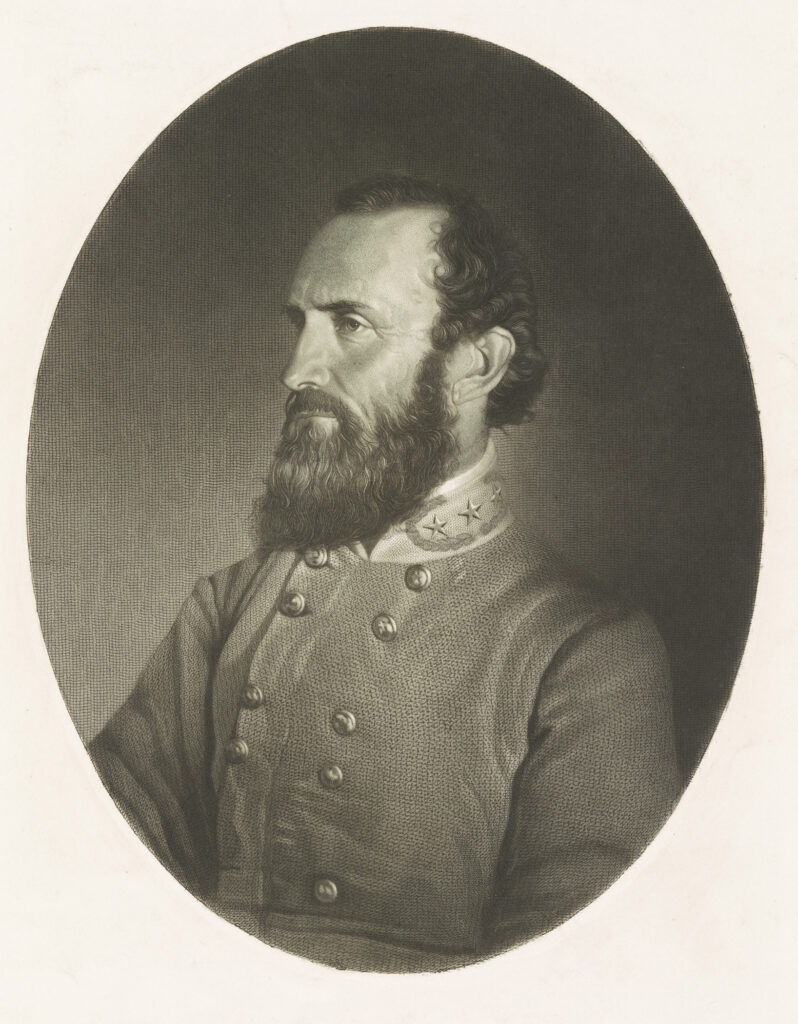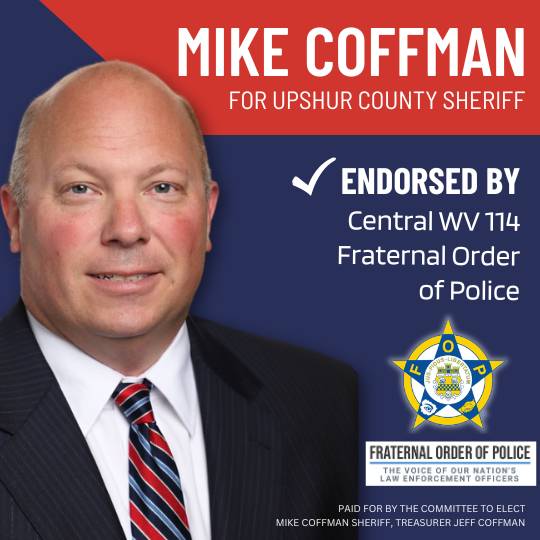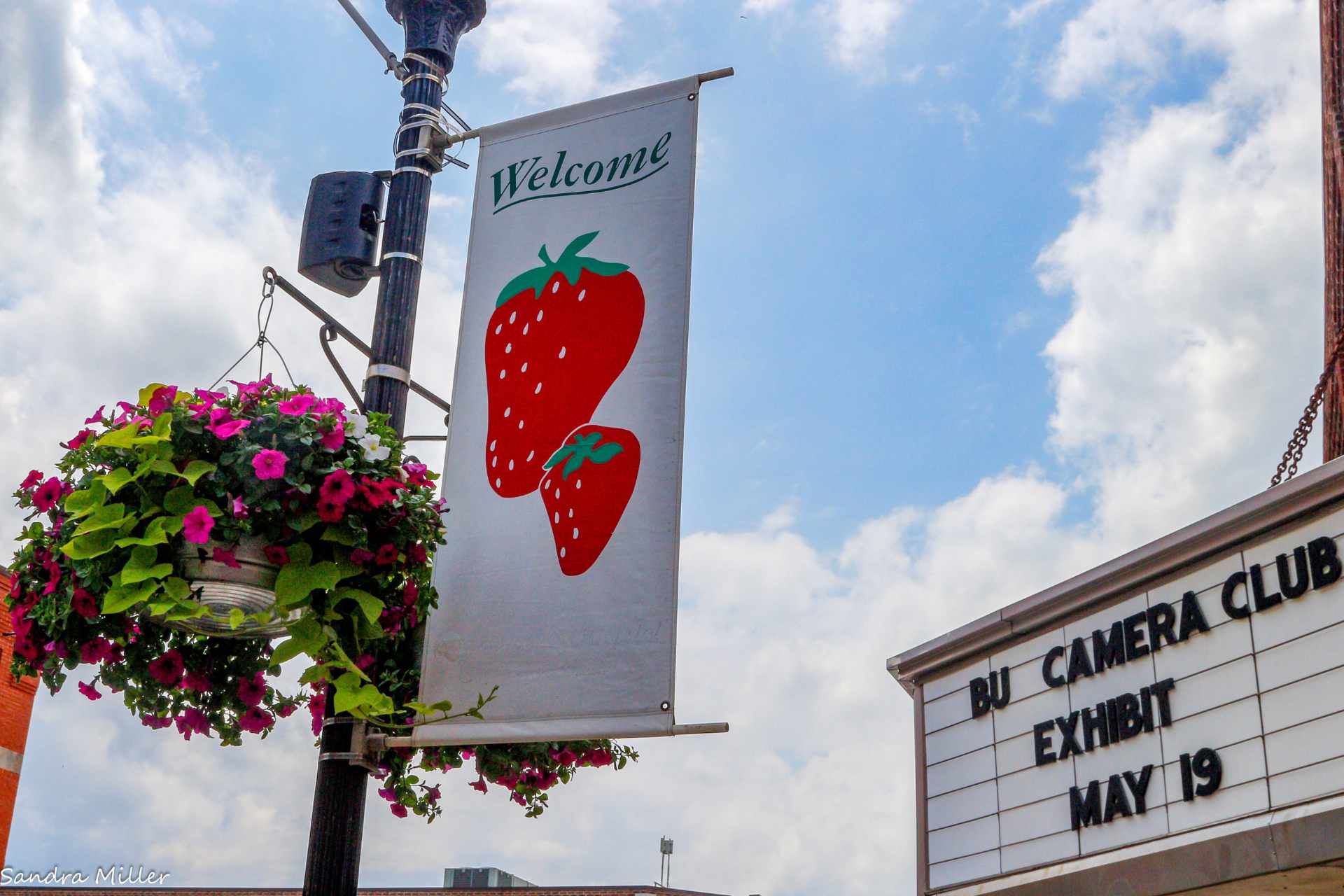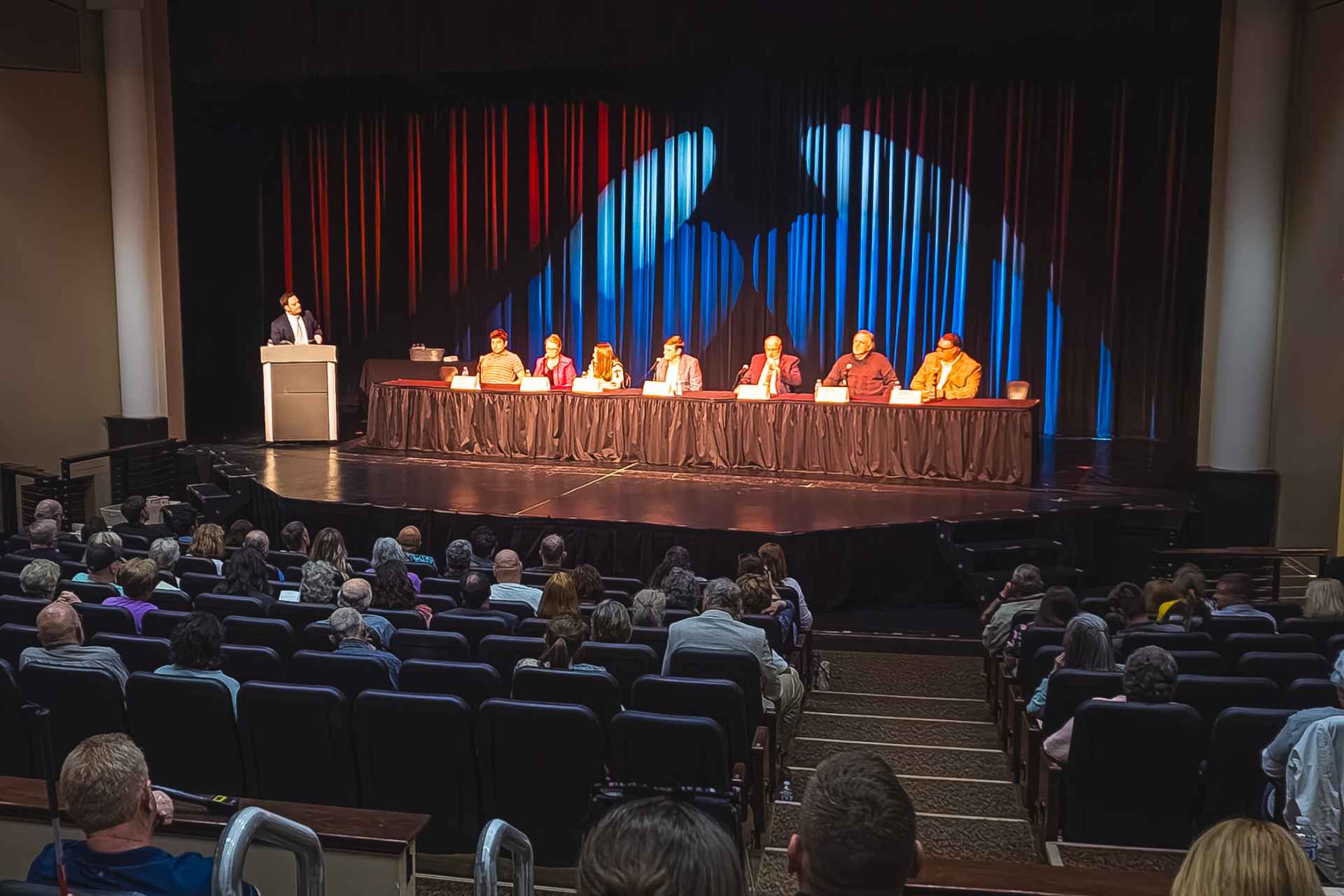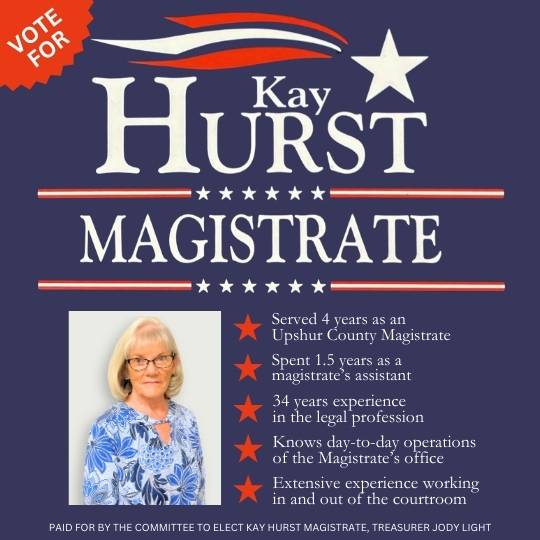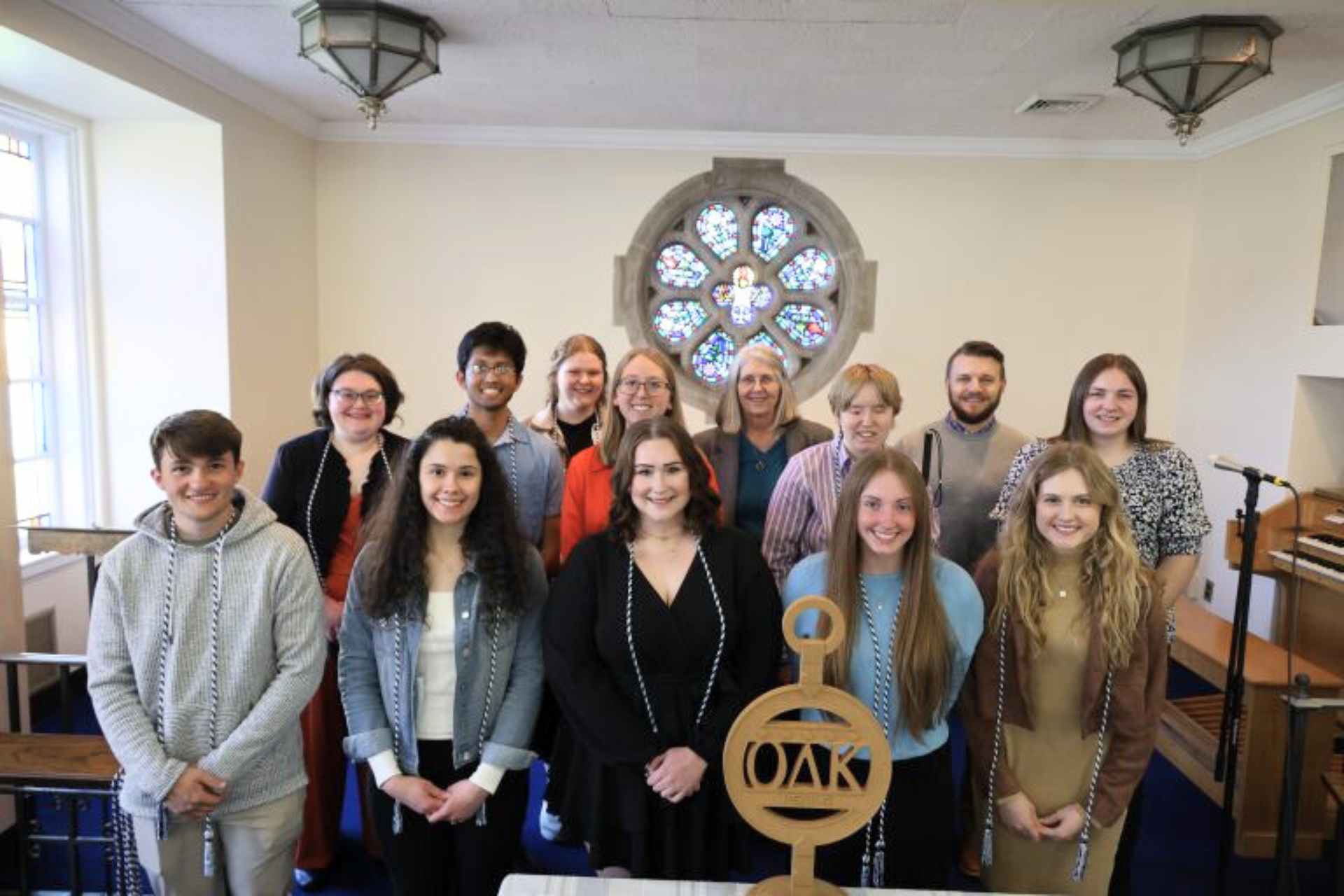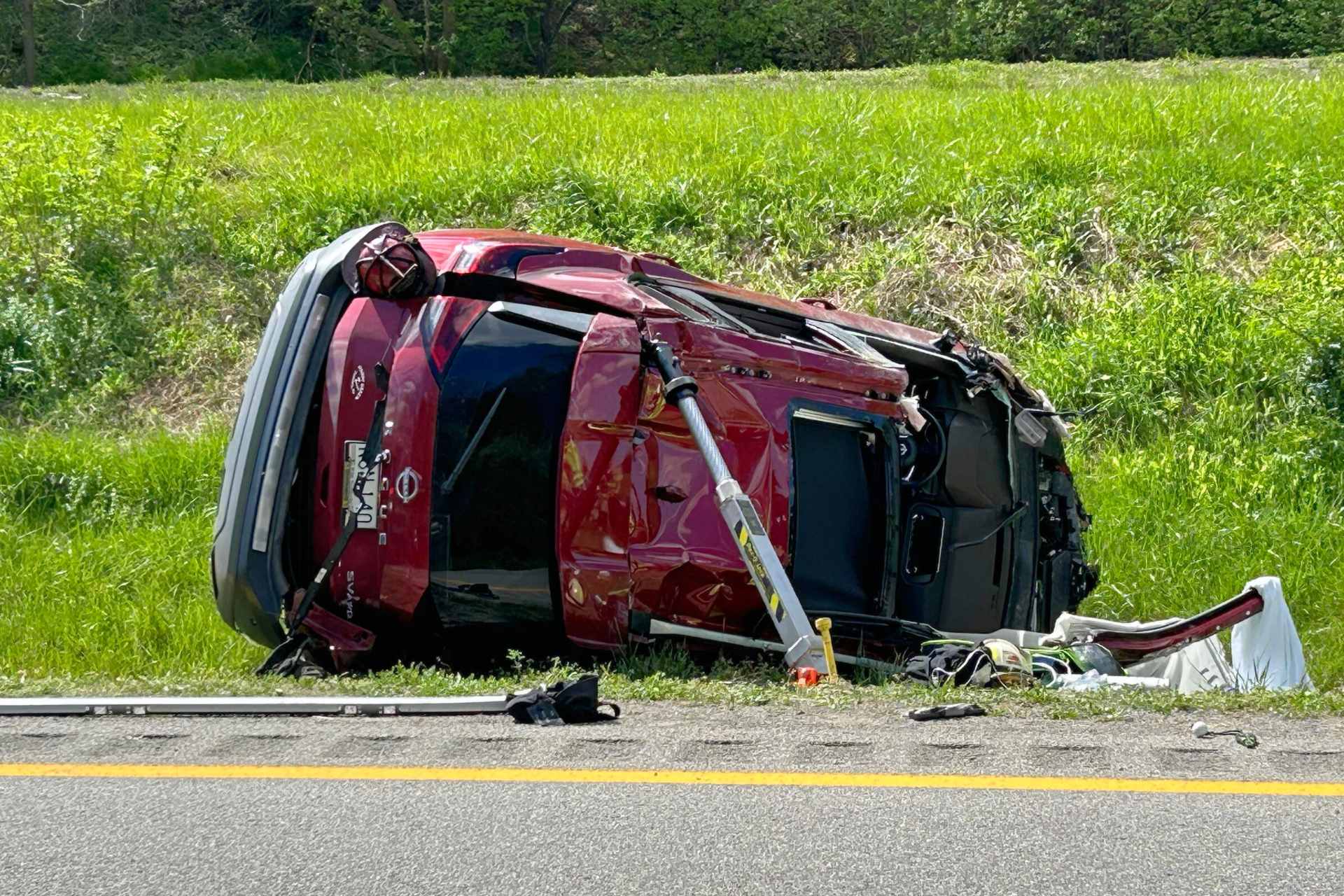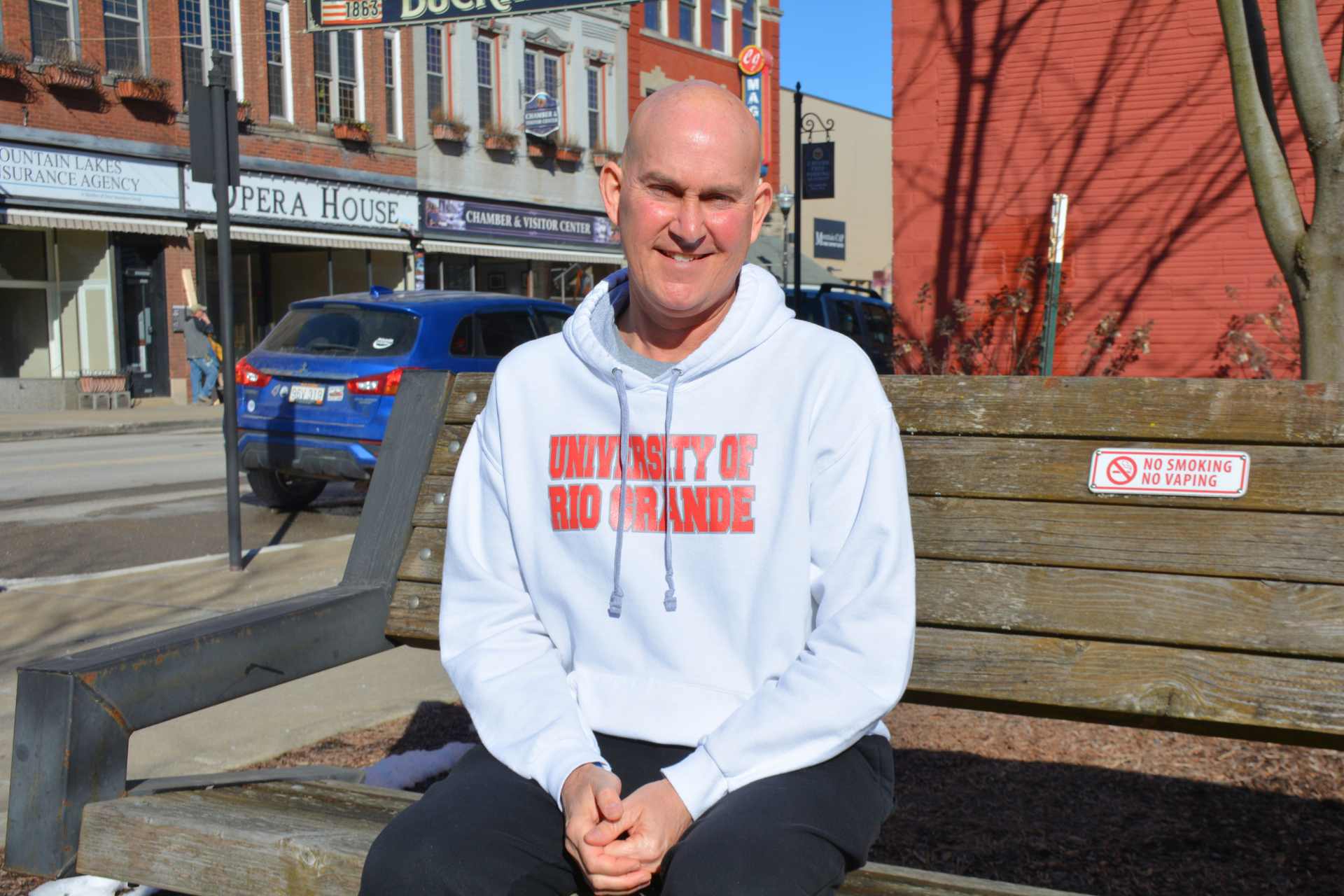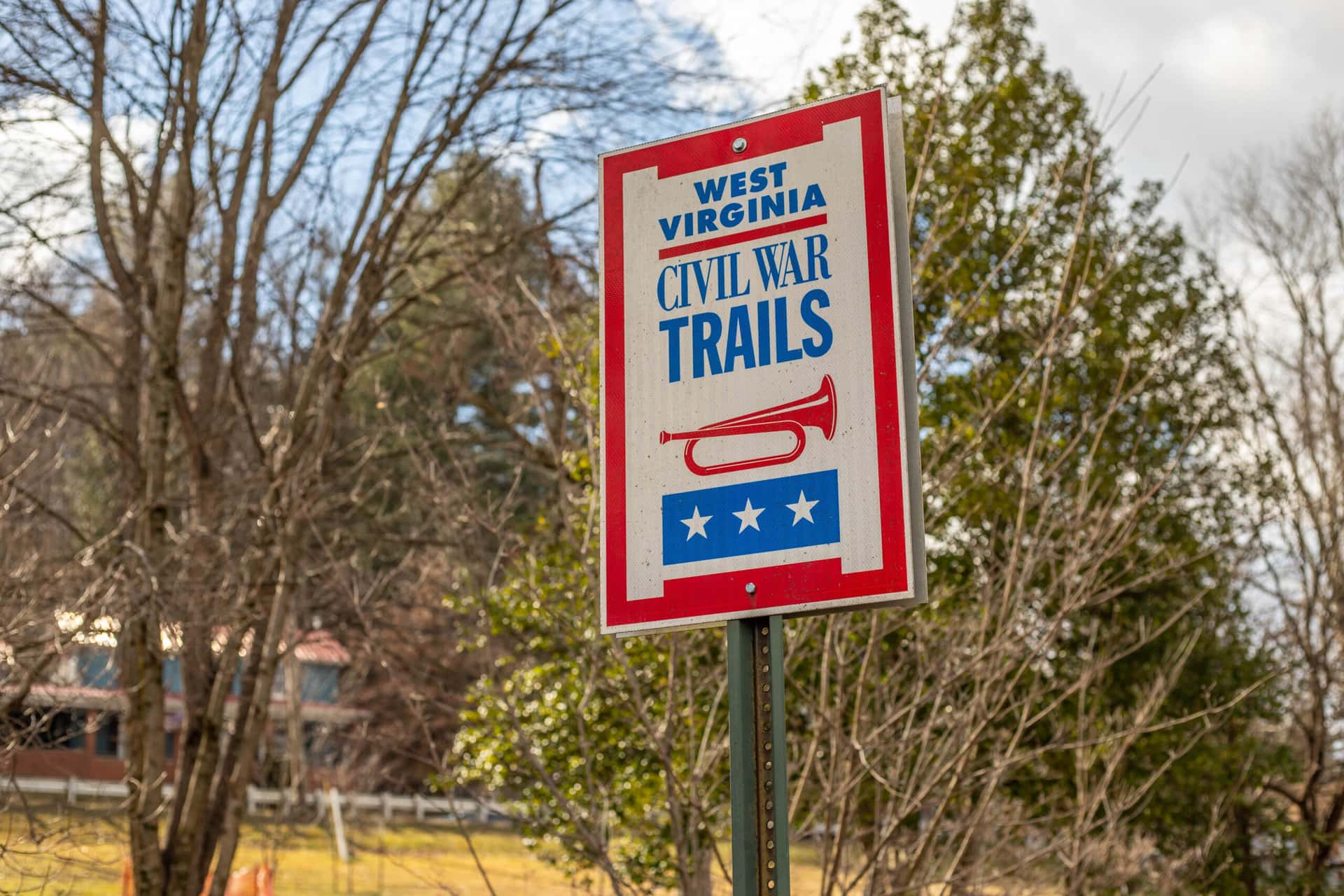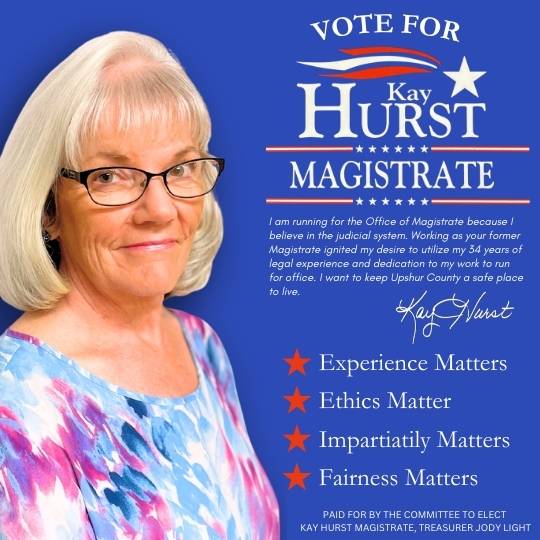Charleston WV – The following events happened on these dates in West Virginia history. To read more, go to e-WV: The West Virginia Encyclopedia at www.wvencyclopedia.org.
May 7, 1824: Logan County was created by the Virginia General Assembly from parts of Giles, Tazewell, Cabell and Kanawha counties. The county seat was first known as Lawnsville, then Aracoma, and finally Logan.
May 7, 1857: William A. MacCorkle was born in Rockbridge County, Virginia, on his father’s plantation. He served as West Virginia’s ninth governor.
May 7, 1928: The Keith-Albee Theater opened in Huntington. The opening program featured a comedy called “Good Morning, Judge,” a newsreel, and five stage acts. But the theater itself, with its elaborate interior, clearly was the star of the evening.
May 7, 1983: The New River Gorge National Park and Preserve began operations when the first visitor center opened near Fayetteville.
May 8, 1864: Clarence Wayland Watson was born in Fairmont. Watson was a prominent coal baron and served in the U.S. Senate from 1911 to 1913.
May 8, 1998: Former U.S. Senator Jennings Randolph died at the age of 96. He was first elected to the House of Representatives in 1932 and served a total of 40 years in Congress.
May 9, 1800: Abolitionist John Brown was born in Torrington, Connecticut. His 1859 raid on Harpers Ferry galvanized the nation, further alienating North and South in the lead-up to the Civil War.
May 9, 1843: Confederate spy “Belle” Boyd was born in Martinsburg. On July 4, 1861, Boyd shot a Yankee soldier and started her spy career.
May 9, 1863: Confederate raiders arrived at Burning Springs, Wirt County. There they set fire to 150,000 barrels of oil, oil tanks, engines for pumping, engine houses, wagons, and oil-laden boats.
May 10, 1863: Just before dying of wounds suffered at the Battle of Chancellorsville, Stonewall Jackson uttered the words, “Let us cross over the river and rest under the shade of the trees.” He is buried in the Stonewall Jackson Cemetery in Lexington, Virginia.
May 10, 1908: The first official observance of Mother’s Day was held at Andrews Methodist Episcopal Church in Grafton and simultaneously in Philadelphia. The holiday resulted from a vigorous campaign by Anna Jarvis, who wanted to commemorate the spirit of her mother’s work as a social activist.
May 10, 1960: John F. Kennedy defeated Hubert Humphrey in the West Virginia primary. It dispelled the widely held belief that being a Roman Catholic was an insurmountable obstacle to becoming president.
May 11, 1909: Filmmaker Ellis Dungan was born. After years of working in the feature film industry in India, he settled in Wheeling, where he shot documentaries and produced films for the state and the region.
May 11, 1930: Physician John C. Norman, Jr., was born in Charleston. A noted thoracic and cardiovascular surgeon and researcher, he was best known for his work toward creating an artificial heart.
May 12–14, 1921: Bullets peppered down on about a dozen mining towns in the Matewan-Williamson area, and nonunion miners fired back, in what became known as the Battle of the Tug. Three people were shot and killed.
May 13, 1962: Editorial cartoonist Henry Payne was born in Charleston. In 1989, Payne was the first editorial cartoonist in the country to make his work available via computer.
